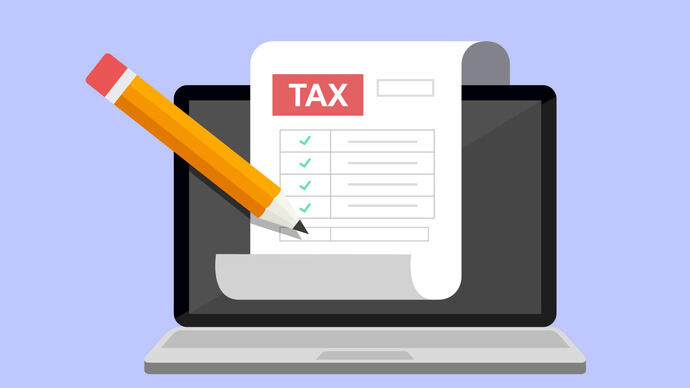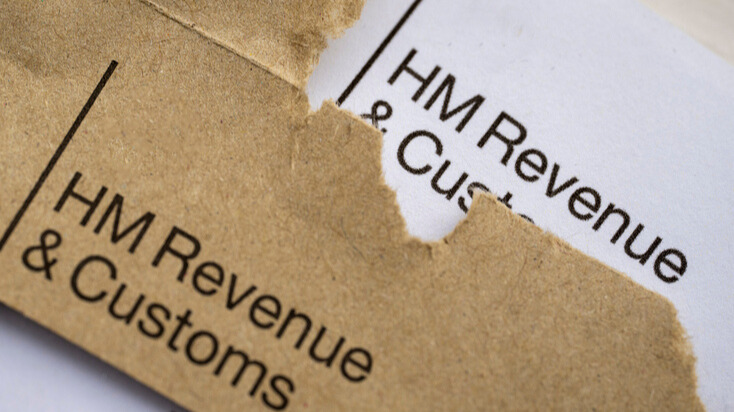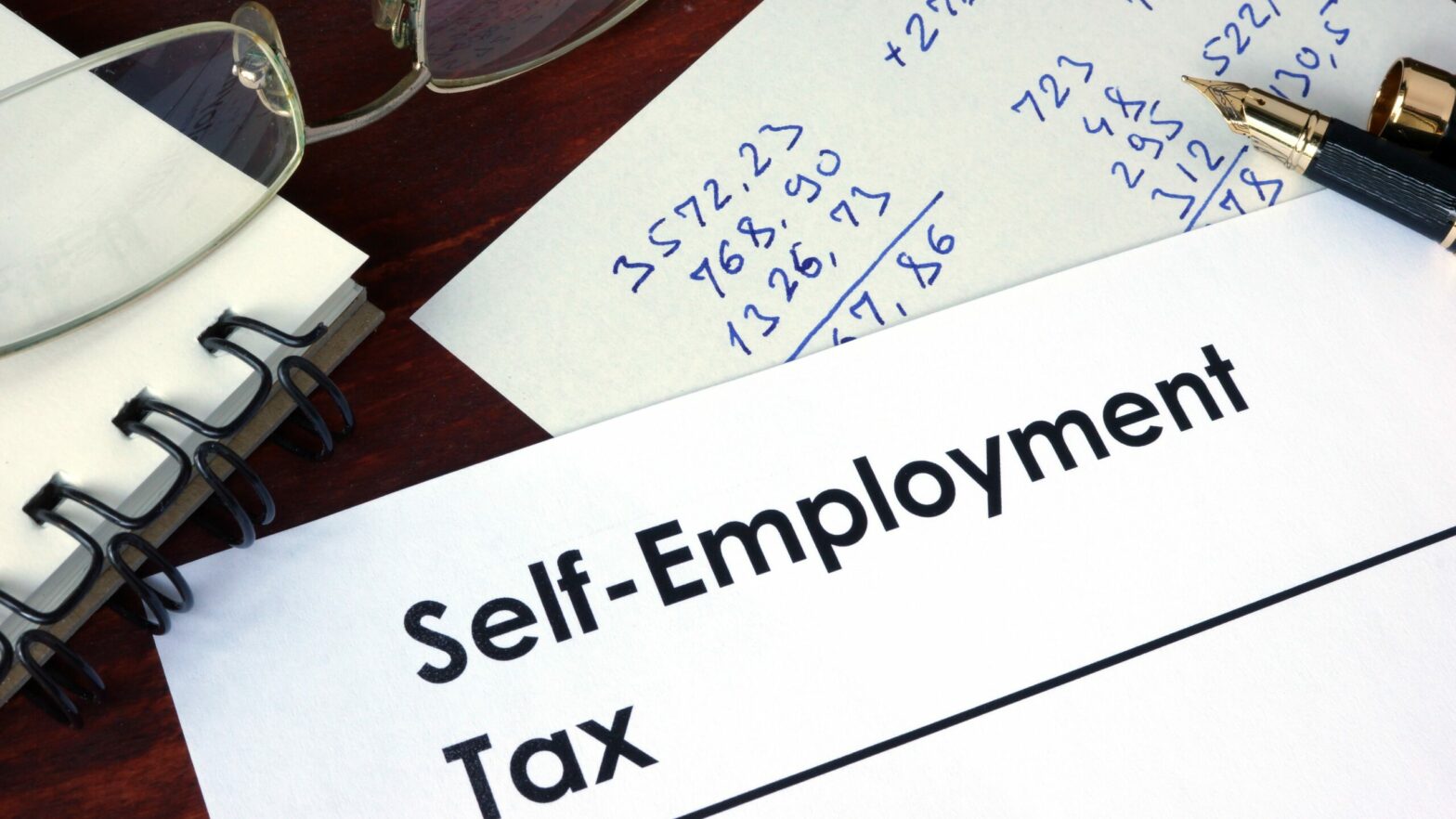Self-employed people have an extra month to file their tax return without penalty, but experts warn that you should stick to the original deadline.
Now you have until February 28 to file you return, as HMRC has decided to give businesses ‘breathing space’ amid COVID-19.
HMRC chief executive Jim Harra said: “We can reasonably assume most of these people will have a valid reason for filing late, caused by the pandemic.”
Why you should file your tax return by January 31 anyway
Warning about the potential outcomes of this news, Nimesh Shah, CEO at Blick Rothenberg, said: “There may be certain claims and elections that need to be submitted by January 31 (usually done via the tax return), and taxpayers need to be clear on the wider implications of filing after January 31 – they may not receive a £100 late filing penalty but there could be other consequences in relation to their tax affairs.”
He added: “I would still urge self-employed individuals to file their return by January 31, as they risk being excluded from future government support. The government has not yet announced the eligibility criteria for the fourth SEISS grant, but I expect that HMRC will want the 2019/20 tax return data to make a valid claim.”
On top of that, you’re still obliged to pay your bill by January 31 and interest will be charged on any outstanding liabilities from February 1. You can pay online, through your bank or by post before you file.
Those who can’t afford to pay their bill on time can apply online to spread their bills over the next 12 months. You’ll need to file your 2019/20 tax return before they can set up a ‘time to pay’ arrangement. If you have self-assessment debts over £30,000 or need longer than 12 months to make your repayments, you could still set up a Time to Pay arrangement by calling the Self-Assessment Pay Hotline on 0300 200 3822.
Grace Taylor, accounts senior at The Accountancy Partnership, said: “It’s important to note that the extension only applies to any late filing penalties. No one enjoys doing their tax return, but it is paramount that records are submitted on time in order to avoid penalties and fines; being given more time to do this shouldn’t impact the urgency of filing.
“It is also the busiest time of year for accountancy firms, so if you need professional help organising your tax return, contacting an accountancy practice as early as possible will give you the opportunity to find a firm that has the capacity to help.”
Over 8.9m individuals and businesses have already filed their return, but millions have yet to do it. Last year, HMRC reported that 958,296 Self Assessment tax returns were late and this year it seems even more people could miss the deadline.
Read more
Taxman gives self-employed more time to file your tax return





